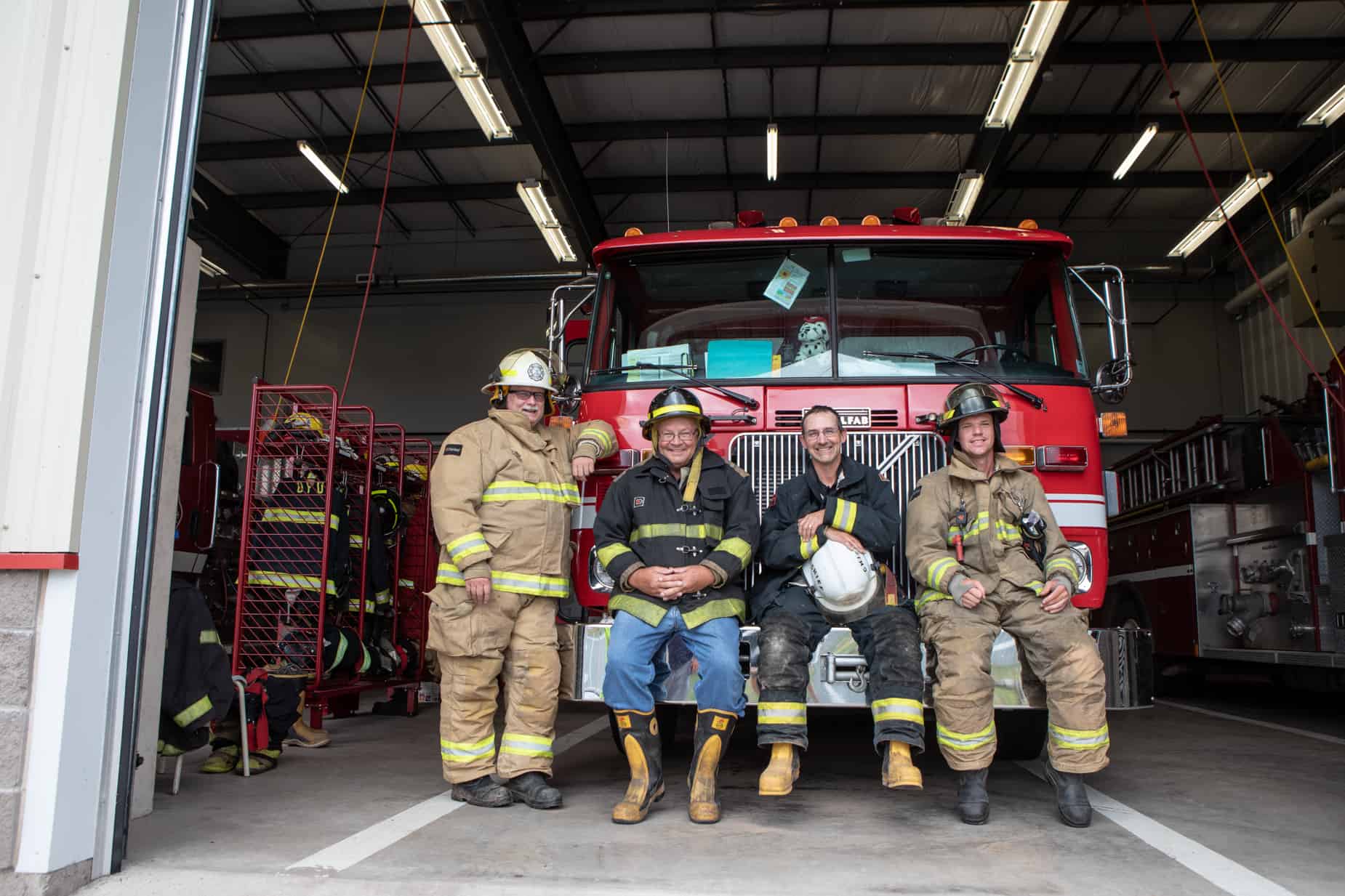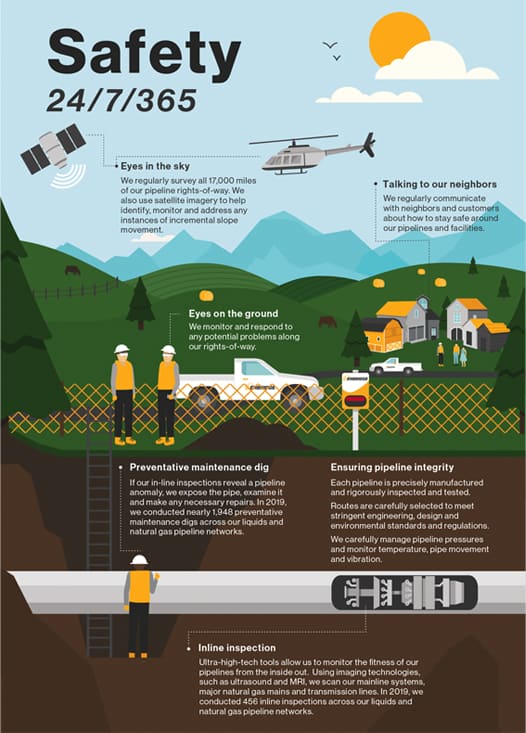Life takes energy:
to heat our homes, to feed our families, to fuel our vehicles. Sabal Trail connects people to the energy they need to help fuel their quality of life.
Sabal Trail Transmission
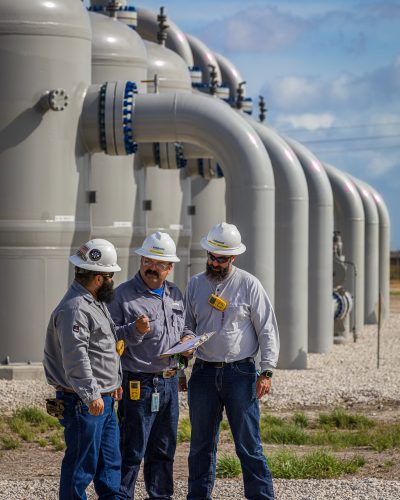
Natural Gas 101
Frequently Asked Questions
Why should I call 811?
What is a compressor station?
How does transportation of natural gas by pipeline compare to other modes of transportation?
What is a natural gas transmission pipeline?
Operations
Pipeline Safety
Community
We work hard to earn and maintain the trust of the people and communities who live near our assets and operations.
At Sabal Trail, we believe a community belongs to everyone who lives there. And, no matter who we are or where we live, all of us want to make life better for our families, our friends, our neighbors and ourselves.
Through our robust Public Awareness program, we regularly provide pipeline safety information to the people who live and work along our pipeline routes, as well as public officials, emergency responders, school officials, farmers and excavators. We also work with local first responders to build safety in the communities near our pipelines and facilities.
Call Before You Dig
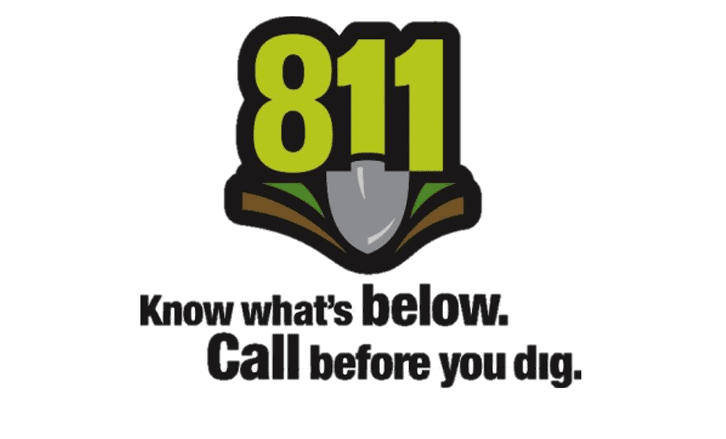
Landowners
Community Investment
